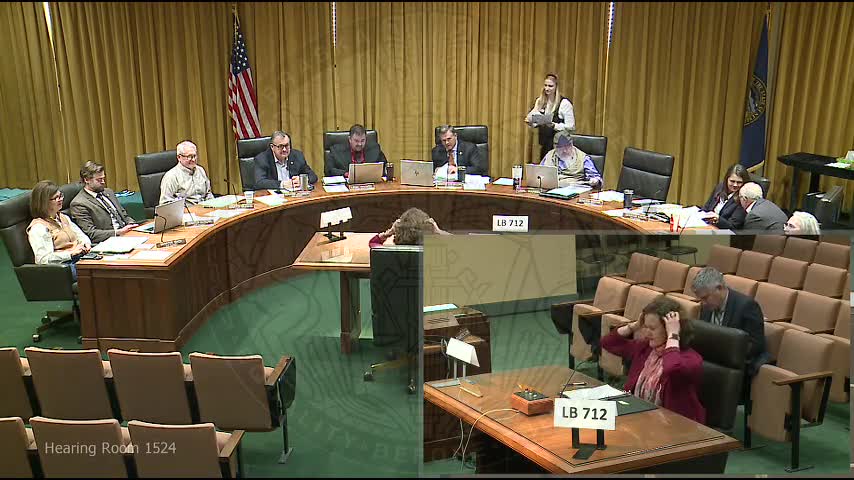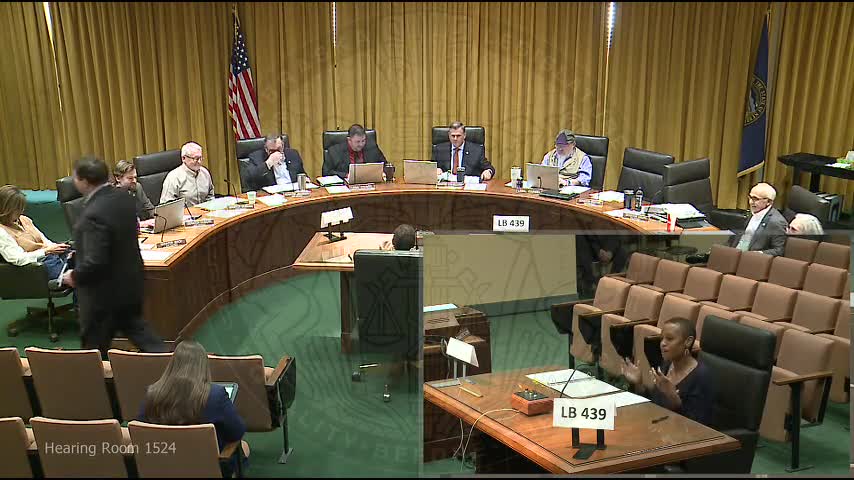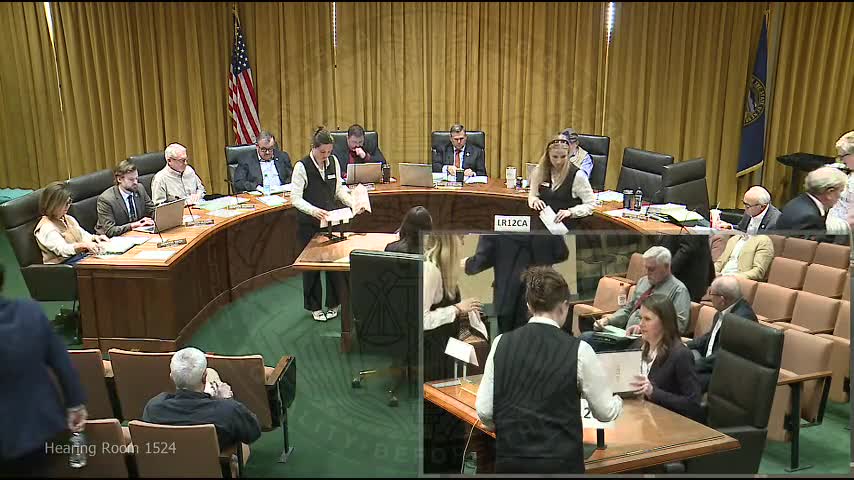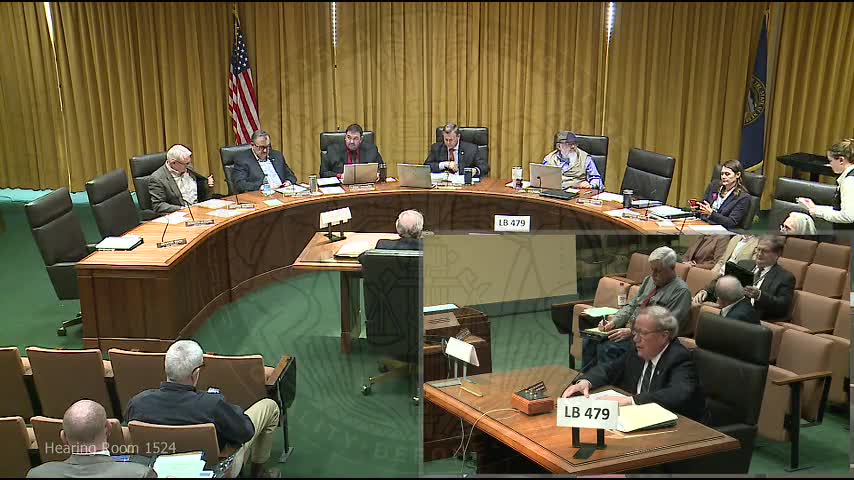Article not found
This article is no longer available. But don't worry—we've gathered other articles that discuss the same topic.

Lawmakers debate replacing bifurcated vape tax with wholesale percent; retailers warn 40% rate would push sales out of state

Sen. Spivey proposes income‑based circuit breaker for property-tax and rent relief

Sen. Kauth reintroduces Prop. 13‑style constitutional amendment; opponents warn of revenue, uniformity risks

